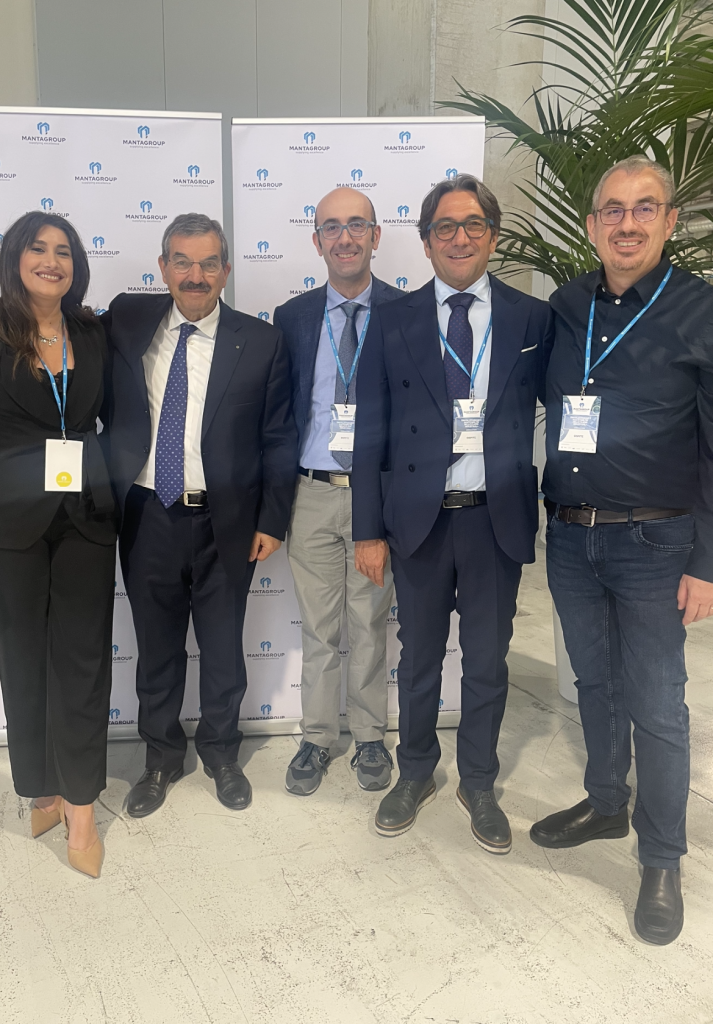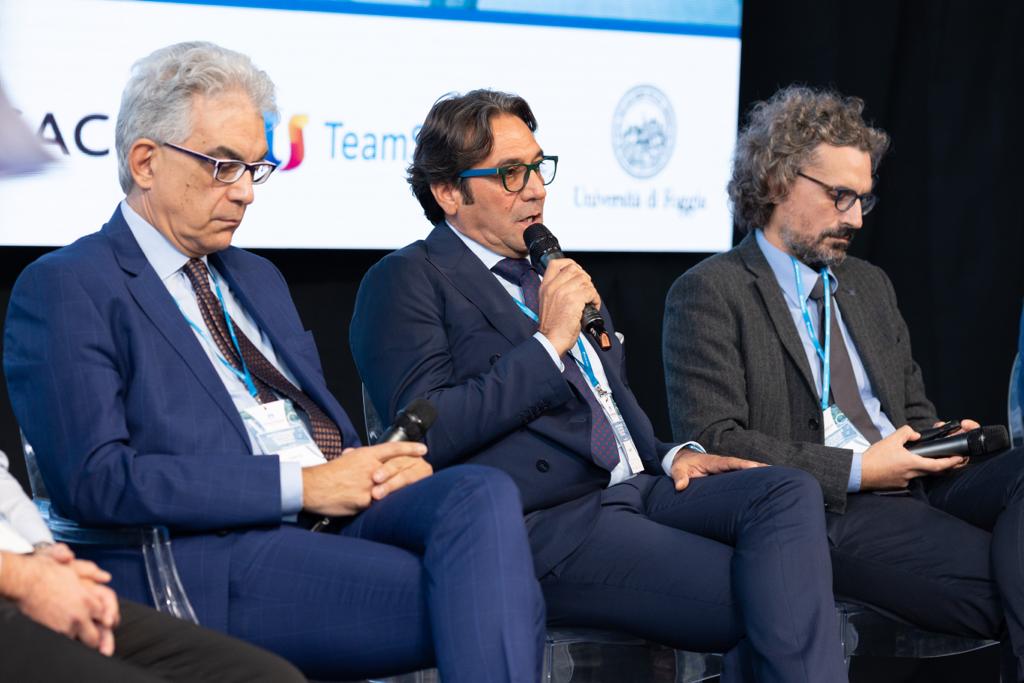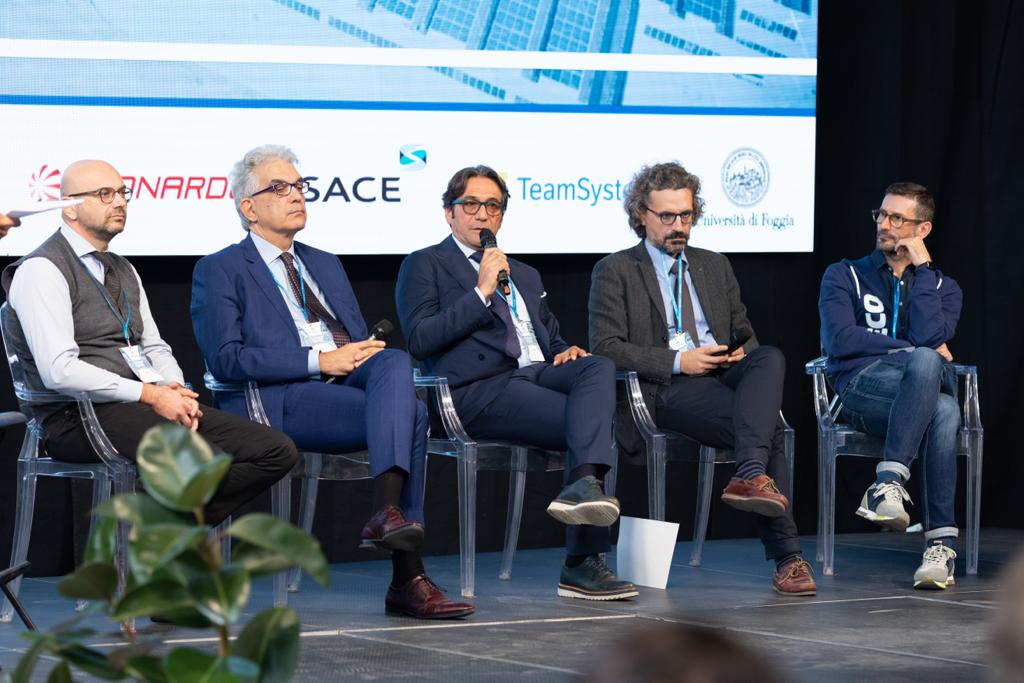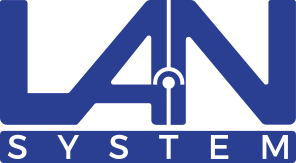
At the event organized by Manta Group, “DIGITALIZATION AND SUSTAINABILITY IN INDUSTRIAL ROOTS,” the issue of ethics in business management, a topic that is always more topical in the business world, emerged.
The goal of corporate social responsibility is to ensure that the company does not put the pursuit of its own objectives before the collective welfare and respect for the community in which it operates.
Companies that intend to have sustainable behavior must have operational tools geared toward the pursuit of that outcome. One model that proposes this type of business is the Triple Bottom model, also known as the “Three P’s” (Planet, People, Profit) model. The company will be said to be sustainable when it succeeds in pursuing not only the profit objective but also manages to reconcile its profit needs with stakeholder needs and environmental protection.The Profit dimension is related to a traditional cost-revenue analysis and the need to maintain an adequate competitive position in the market. The People dimension is concerned with protecting everyone inside and outside the company from the health or safety risks that business activity may give rise to. Finally, the Planet dimension will be responsible for verifying that the environmental sustainability of the enterprise does not affect the environment.
Manta Group has chosen to believe in and invest in the path of digitization precisely in pursuit of these goals. The idea of respect for the environment and nature must be put first in all industrial supply chains. Through the implementation of tools, it was possible to monitor and control the entire production process. This constitutes a very important step for the environment and for man himself.
After numerous studies, our team responded promptly, professionally and effectively to new design challenges with a truly innovative proposal. Smart Sight is the result of months of work and study; it is a data monitoring and visualization system with the possibility of production flow control functions. SmartSight provides a complete view of the process and production facilities.
SmartSight users have total visibility into production facilities and processes. The information is clearly organized according to three main pillars:
The Production area encompasses functions related to the plant’s production activity, organized according to the logical flow of manufacturing.In this area, it is possible to know the status of each product being processed, accompanied by significant process measurement data and the outcomes of quality control systems.There are, in addition, functions available for exploring the production recipes used on the plant and auxiliary functions related to integration with third-party software.
The Monitoring area is in turn divided into two groups of functions, the first dedicated to the analysis of production trends, the second dedicated to the visualization and analysis of measurement data collected in real time from production facilities, including, energy consumption. In the first case, by means of graphical and tabular tools, the production trend is shown in real time, breaking down production into different levels of detail.In the second case, a set of graphical dashboards is made available to the user, which can be customized if necessary, linked to all measurement and status information from the machinery and systems connected to the SmartSight system.
The Performance area is dedicated to the development and presentation of performance indicators (KPIs) designed to provide an immediate view of production performance.
These indicators can be adapted according to specific customer needs and are presented in graphical and tabular form, organized according to predefined or user-settable time intervals.
Nowadays, CSR has become an indispensable priority for business leaders around the world. It represents a tool that, if integrated consistently into the business strategy, can become a source of opportunity, innovation and competitive advantage, so it should be regarded as a strategic-type investment that creates value in the long run. The company’s socially responsible activities must be implemented with the understanding that there is a strong relationship between the company and today’s society. Thus, we speak of “shared value.” The mutual dependence that exists between business and society allows both sides to gain benefits. In this sense, one can speak of CSR as a win-win strategy that creates value for both the enterprise and for the environment and society.







